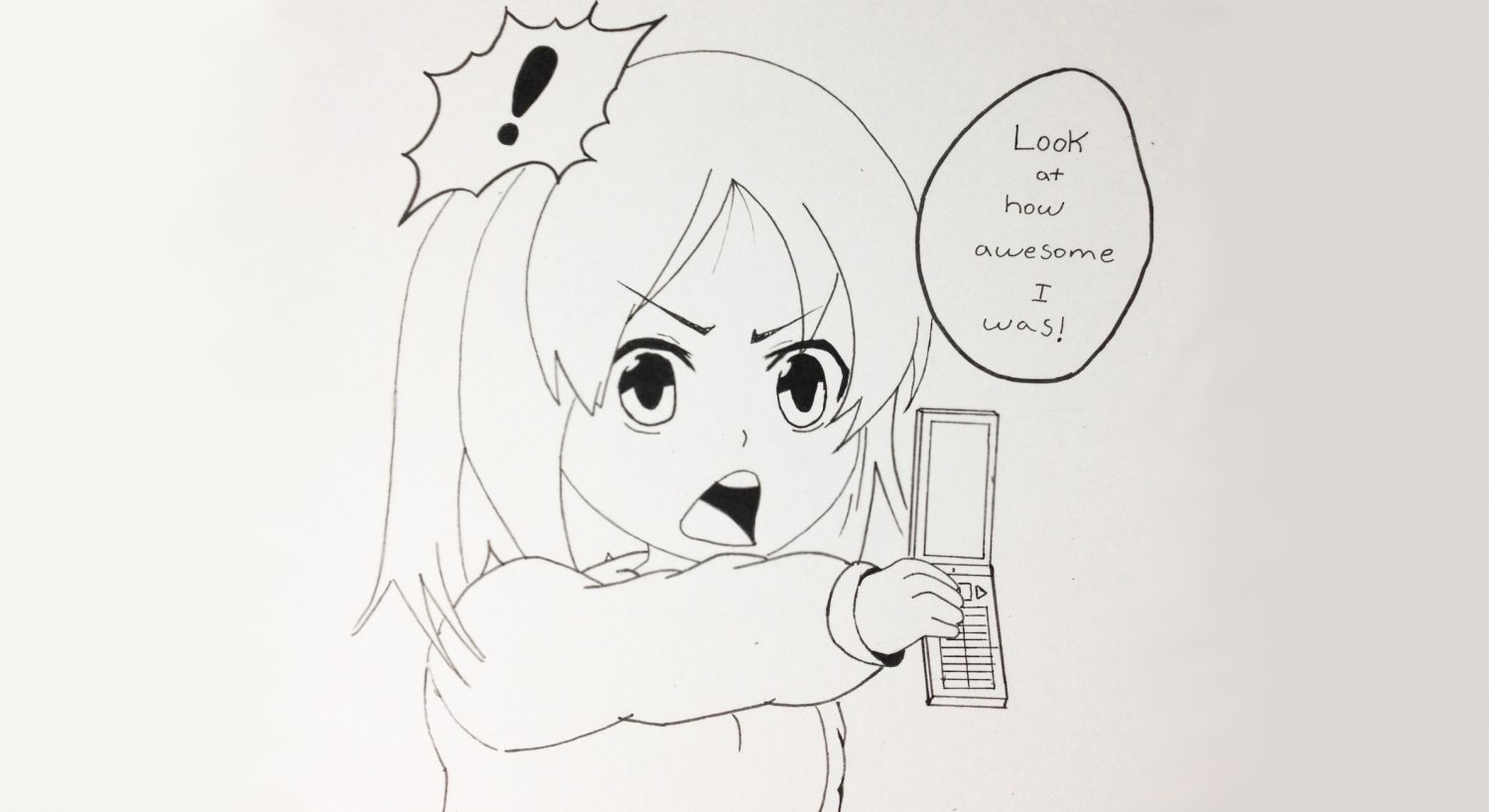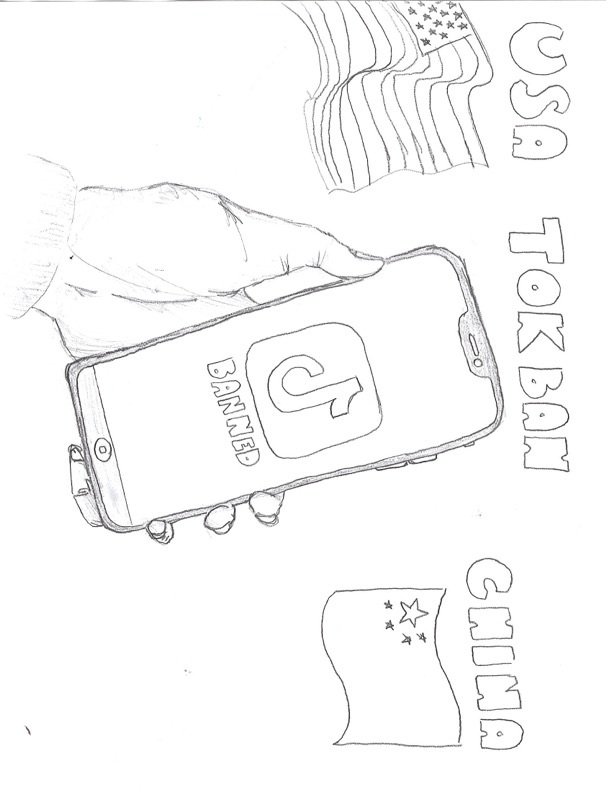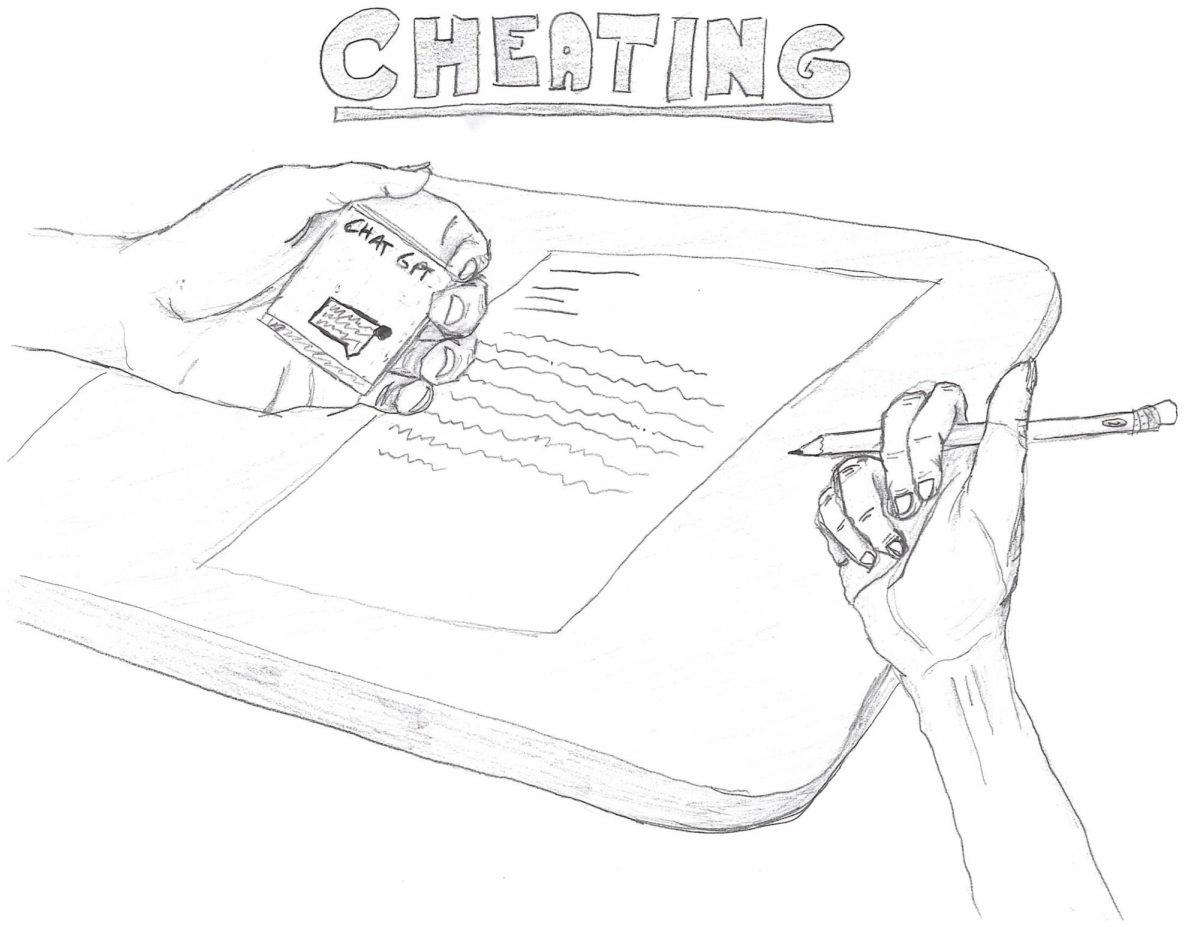By Karalee Kothe
Like fingernails on a chalkboard the sound of someone bragging about how great they are is such a turnoff. Are we supposed to be impressed? I think Ralph Waldo Emerson made a good point when he said, “A great man is willing to be little.” Emerson is saying that humility goes hand-in-hand with greatness and part of true greatness is the ability to be fine with not being the center of attention. Being little means you can relate to people on all levels and can stand back and let someone else have the spotlight. And what about having good character? How often is self-centeredness listed as a desirable character trait – honesty, integrity and most importantly an inflated view of yourself… I don’t think so! As C.S Lewis said, “Humility is not thinking less of yourself; it’s thinking of yourself less.” If we think of ourselves less we have more time to see the world around us and care about others. I mean remember, there is even an entire religion based on humility and putting others first: Christianity. And, according to the article, “Global Christianity – A Report on the Size and Distribution of the World’s Christian Population,” there were an estimated 2.18 billion Christians in the entire world in 2010, which makes up almost a third of the world’s entire population of 6.9 billion. I think these numbers prove my point that there has to be something incredible about humility! Even our country was built on the value of being humble; Benjamin Franklin named humility as one of the 13 virtues of character. He realized that being humble helped him see his weaknesses so he could improve himself. Humble has been around a long time but in 2015 it is getting harder to find. Today’s norms seem to include: bragging, posting selfies and being generally narcissistic. People were probably egocentric back in the day as well, but ever since social media became a part of the picture, the issue has just been magnified. It seems that a person can do just about anything on social media, but just because you can doesn’t mean you should. Do you really care what someone ate for lunch? Do those selfies boost the good old self-esteem? Dr. Terri Apter, psychology lecturer at Cambridge University, thinks selfies are more about getting noticed by our peers and having control over our appearance than vanity. She said selfies are a “kind of self-definition. We all like the idea of being sort of in control of our image and getting attention, being noticed, being part of the culture.” Apter goes further on to enforce the danger of selfies in teens because sometimes teenagers define the number of likes as an equivalence to self-worth. While selfies can be fun and a way of keeping up with friends, I think we lose our way if we let social media define our worth and who we are. So don’t get caught up in proving to the world how great you are. This path will keep you from being your true, genuine, imperfect self and finding the meaningful happiness you deserve. Ironically, focusing on others and helping others will bring more fulfillment. We are all in the same boat, here in high school, and we get it. Knowing that you are awesome should be enough. Be confident in who you are as a wonderfully weird person. It’s what’s on the inside that counts, not the outside. Thomas Merton said, “Pride makes us artificial and humility makes us real.”















